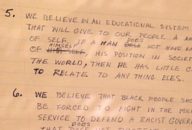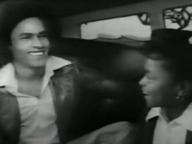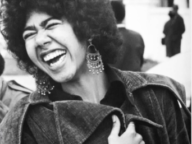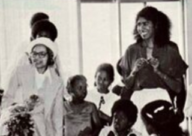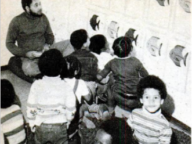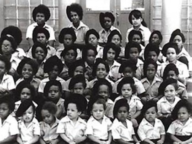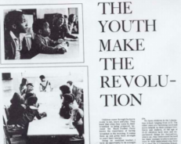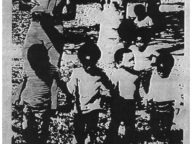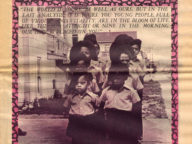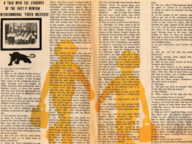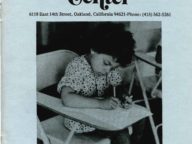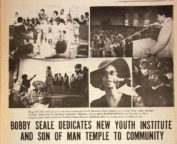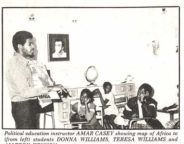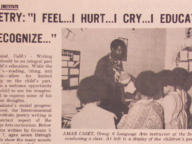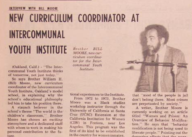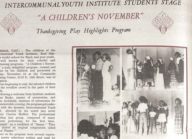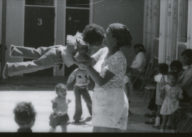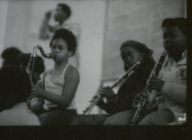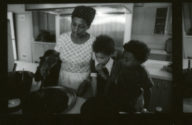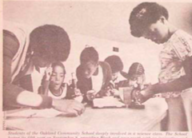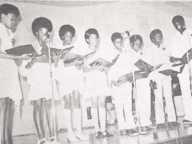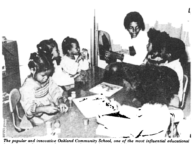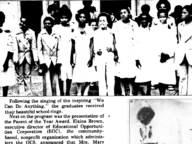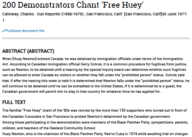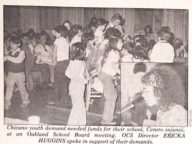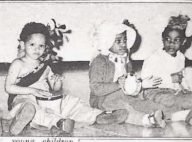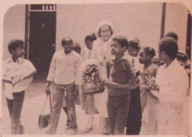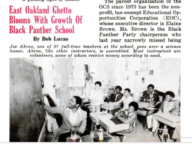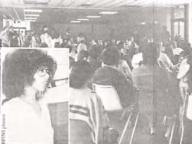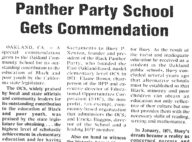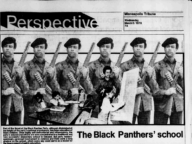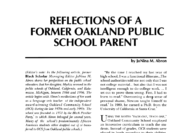In this personal interview, Mary Williams—born in 1967 to two Panther members—recounts her experience at the Intercommunal Youth Institute and Oakland Community School. The fifth of six children, Williams lived with her siblings and other Panther children in communal housing. She describes her daily routine, which began early with a communal breakfast, one of the better known and long-lasting programs of the Panther Party. Williams understood the importance of nutrition, seeing many community members suffering from a lack thereof, and understanding the ease with which hungry people could be oppressed. The holistic approach to education was visible not only in the breakfast and lunch provided, but also an appreciation for art and music, and the importance of healthcare, as doctors sometimes visited the school to provide medicine and check-ups.
Williams discusses how her school uniform powerfully informed her sense of identity. Photos show young Black children in berets, a symbol of the Black Panther Party, and for Williams an affirmation of her own power and importance.
As articles at the time discussed, the school functioned with the help of parents and community members, whether financially or through volunteering. Williams’ mother, for instance, was a cook. She also discusses the differences between the typical public school and the Oakland Community School, such as the intimate class sizes and the reciting of the Black National Anthem rather than the pledge of allegiance. She describes how the OCS provided its students with engaging classes and with resources many underfunded public schools in Oakland lacked, such as musical instruments, microscopes, textbooks, and live animals.
After attending the OCS, Williams says, it was difficult to adjust to public schools. She retained the curiosity and critical thinking the OCS had instilled in her but felt her self-esteem suffered in such a different environment.
While the OCS and other survival programs are often overshadowed by images of the Panthers as violent or hateful, Williams’ experience highlights the impact of the survival programs, which allowed her to live with and be cared for by an extended community, and inspired her to empower others.

